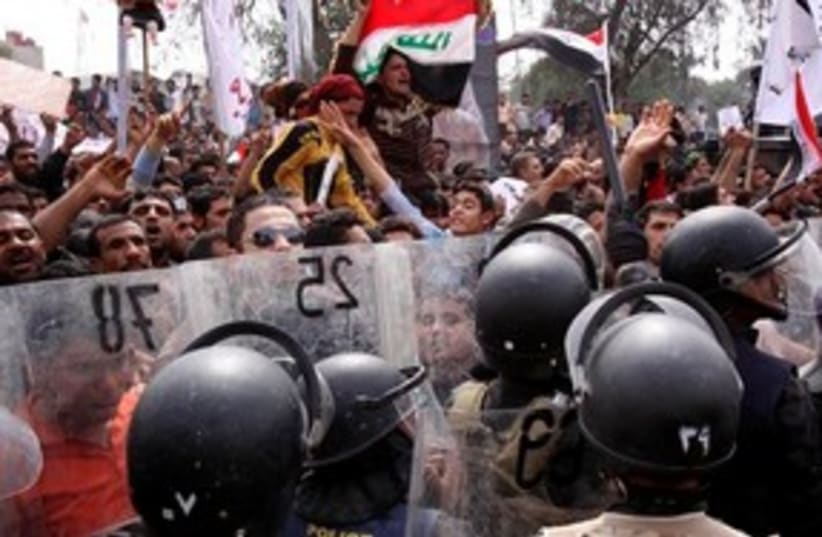The writer is director of the Global Research in International Affairs Center and editor of the Middle East Review of International Affairs Journal. He blogs at www.rubinreports.blogspot.com
The Region: Eyes wide shut
The more ‘reassurances’ we receive from Western governments and pundits about the ‘new Arab realities,’ the more we should ignore them.

The writer is director of the Global Research in International Affairs Center and editor of the Middle East Review of International Affairs Journal. He blogs at www.rubinreports.blogspot.com